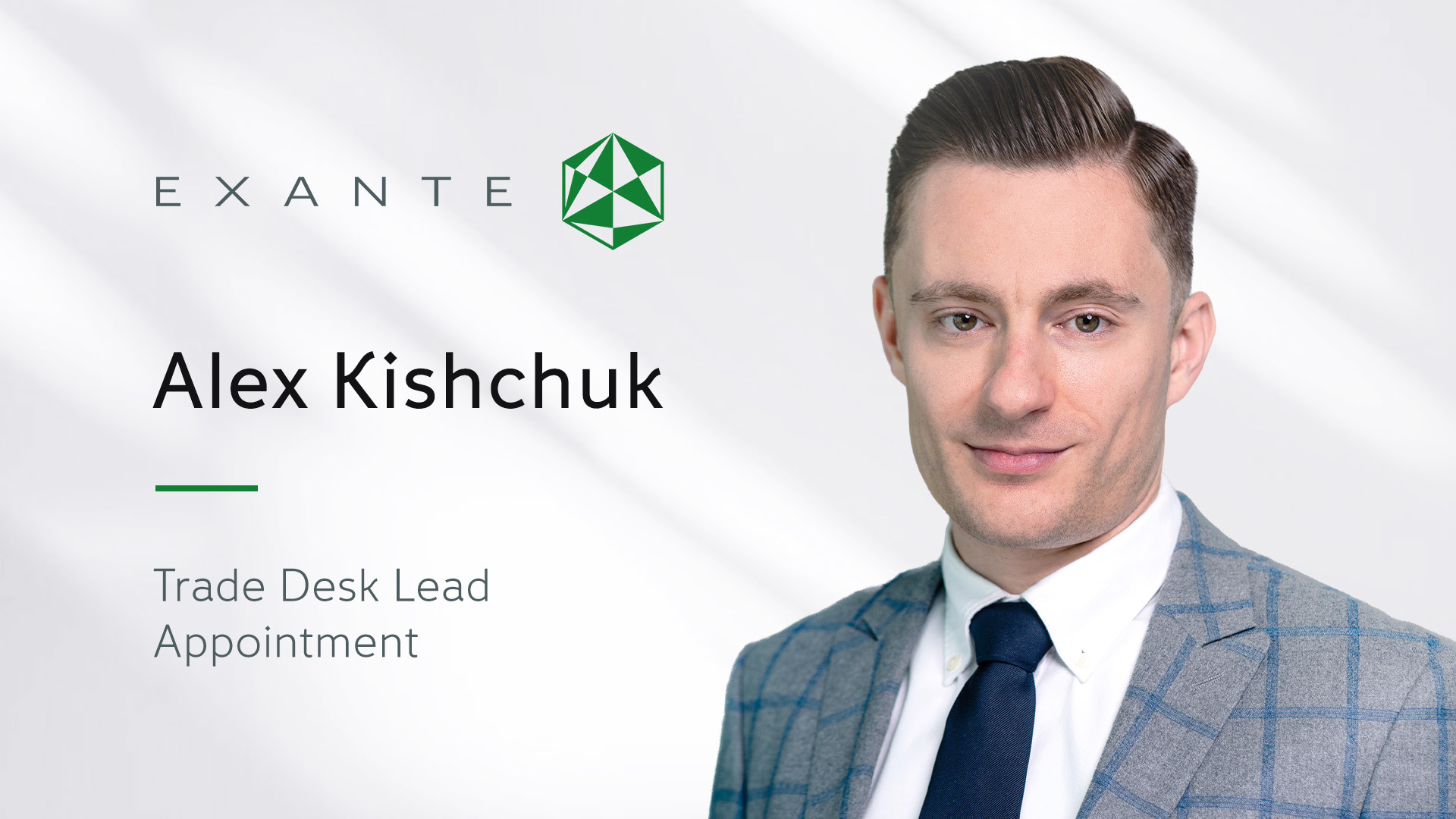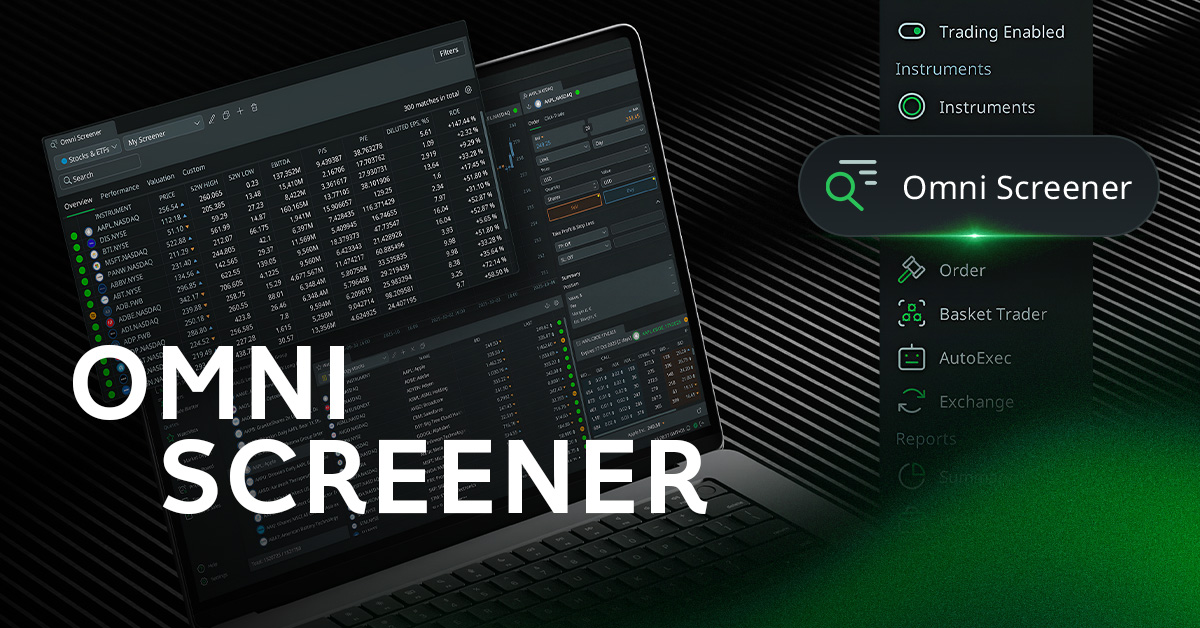
EXANTE Warns of Dangers of Being Passive in Volatile Markets

Matthew Hinman, Business Development manager at EXANTE, wonders: if something is free does this mean it has no value? Oil caused further confusion last month, as producers and traders alike paid holders of the US Oil futures WTI May contract to take delivery of oil.
West Texas Intermediate (WTI) dropped to -$40.32 per barrel due to various factors, such as huge demand destruction resulting from COVID-19, Russia and Saudi Arabia’s feud on supply cuts, and mostly lack of storage availability. This turned oil into the ultimate hot potato which led traders to deal at any price to ensure they weren’t getting an oil delivery with nowhere to put it. This negative price action caused many to speculate that there would be a bounce and they looked to ETFs to profit from this.
The most popular is the United States Oil Fund (USO) which holds futures contracts to track the price of WTI Oil. This ETF should carry the huge sign - CAVEAT EMPTOR.
Futures prices are currently in a state of contango, meaning the futures price is higher than the spot price, and the further out you go one the curve the higher the price.
USO used to invest 100% in the near month WTI contract to reflect the greater price moves which come with a front month contract. This is so the ETF can mirror the price moves in oil but reflect them in movements of share price and NAV. USO rolls their futures contracts two weeks before expiry so it doesn’t have to worry about any deliveries, so if we are in contango the price for the same exposure increases with each roll.
This is then exacerbated by the fact that USO is so much of the front month market. When USO rolled May 2020 contracts it owned 25% of the outstanding volume, meaning USO is obligated to simultaneously sell May and buy June, thereby selling lower and buying higher. Because of the sheer magnitude of the position dictated to the fund, moving the market against them. Many traders are blaming this for causing such dramatic price action in the front month contracts.
Since oil started trading at a negative, USO has halted trading a number of times, gone through a reverse stock split of 1-8 (to stop it going below $1 where various exchanges would cease to list USO), and changed its mandate to target futures further out on the curve. Avoid this ETF at all costs, it is broken and they can’t fix it!
In spite of this, would it shock you to know that USO cannot create shares quickly enough to satisfy demand; causing the share price to trade at a premium to NAV of 5.5%? Hence why I cannot stress enough how important it is to understand what you are buying and do proper research before parting with any money.
Which leads me to the world’s largest ETF, SPY, which tracks the S&P500 and contains $250 billion in assets. As you can see on the chart below it has vastly outperformed oil and USO.
Again, huge sums of money have flowed into the fund in recent weeks embarking on a massive correction from the 2020 COVID-19 crash lows back up to the 61.8% Fibonacci level. But why are so many investors portfolios holding individual stocks showing little improvement, most likely they don’t own Facebook, Apple, Microsoft, Google or Amazon, which make up over 20 per cent of the index giving them incredible influence over what we see the SPY doing. Below there is a chart of the S&P500 vs percentage of stocks above their 200 day moving average. The bounce in the S&P has largely been predicated by these Mega Caps, posing the question, why would you buy an ETF like SPY which carries 99% of the stocks you don’t need, when you can simply buy the five companies mentioned without the hassle of all the stocks that haven’t rallied?
To illustrate the power of these Mega Caps, Apple just announced a bond issue of $8bn with a yield of 0.75% 3 year, and 1.65% on 10 year. The US 10 year was yielding 0.67% today and 1.65% as recently as February. Is Apple debt comparable to US debt?
This narrow leadership in the rally causes me great concern, because history shows us that equivalent narrow breadth can be the precursor to much larger falls such as in 1990, 2008, 2011 and 2016.
In conclusion if you want to profit from commodities like oil, trade the Futures yourself or buy direct or indirect exposure through individual stocks. Don't buy supposedly broad market ETFs like SPY thinking you are getting diversification, pick your own stocks and create your own portfolio.
This article is provided to you for informational purposes only and should not be regarded as an offer or solicitation of an offer to buy or sell any investments or related services that may be referenced here.
This article is provided to you for informational purposes only and should not be regarded as an offer or solicitation of an offer to buy or sell any investments or related services that may be referenced here. Trading financial instruments involves significant risk of loss and may not be suitable for all investors. Past performance is not a reliable indicator of future performance.



